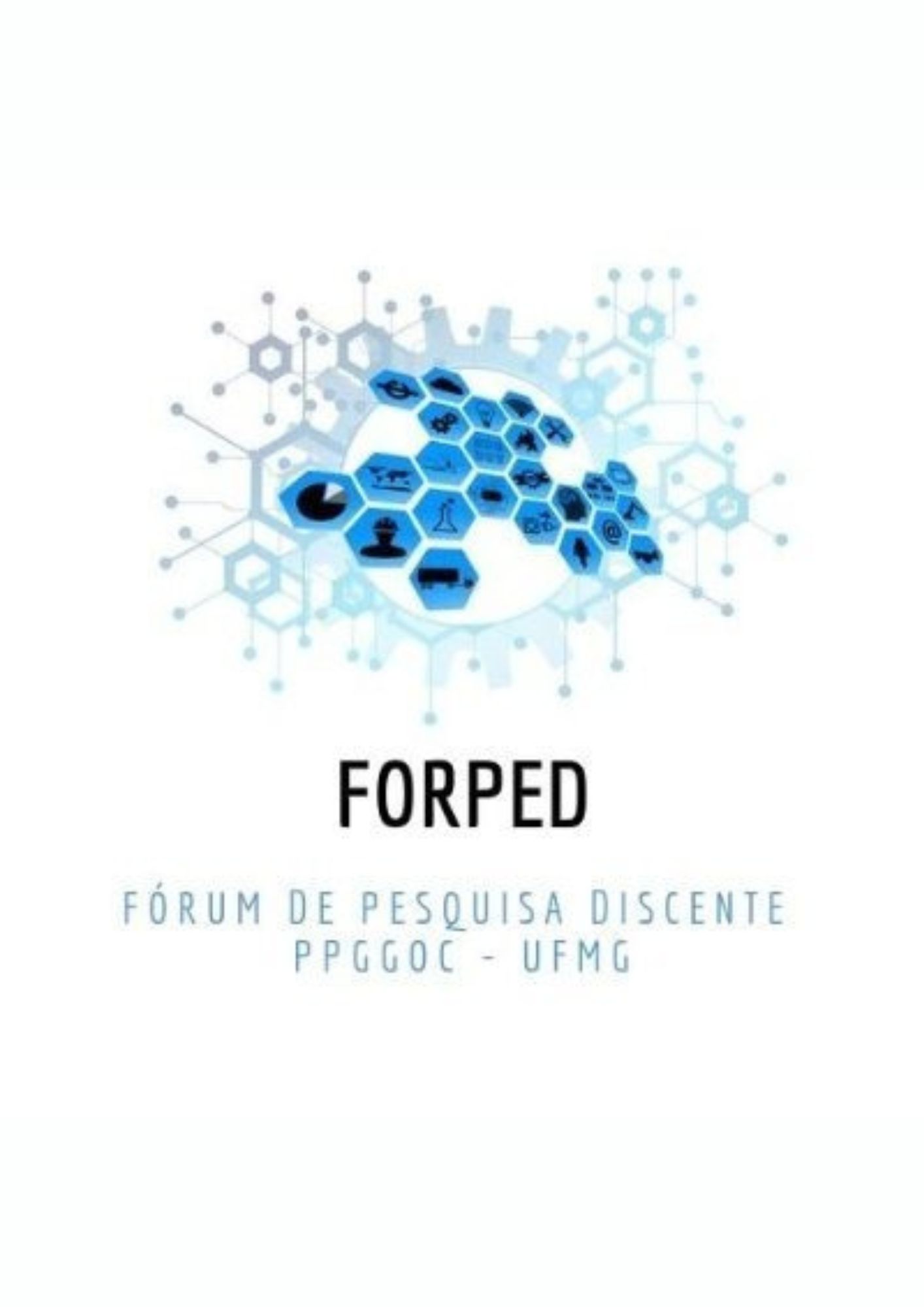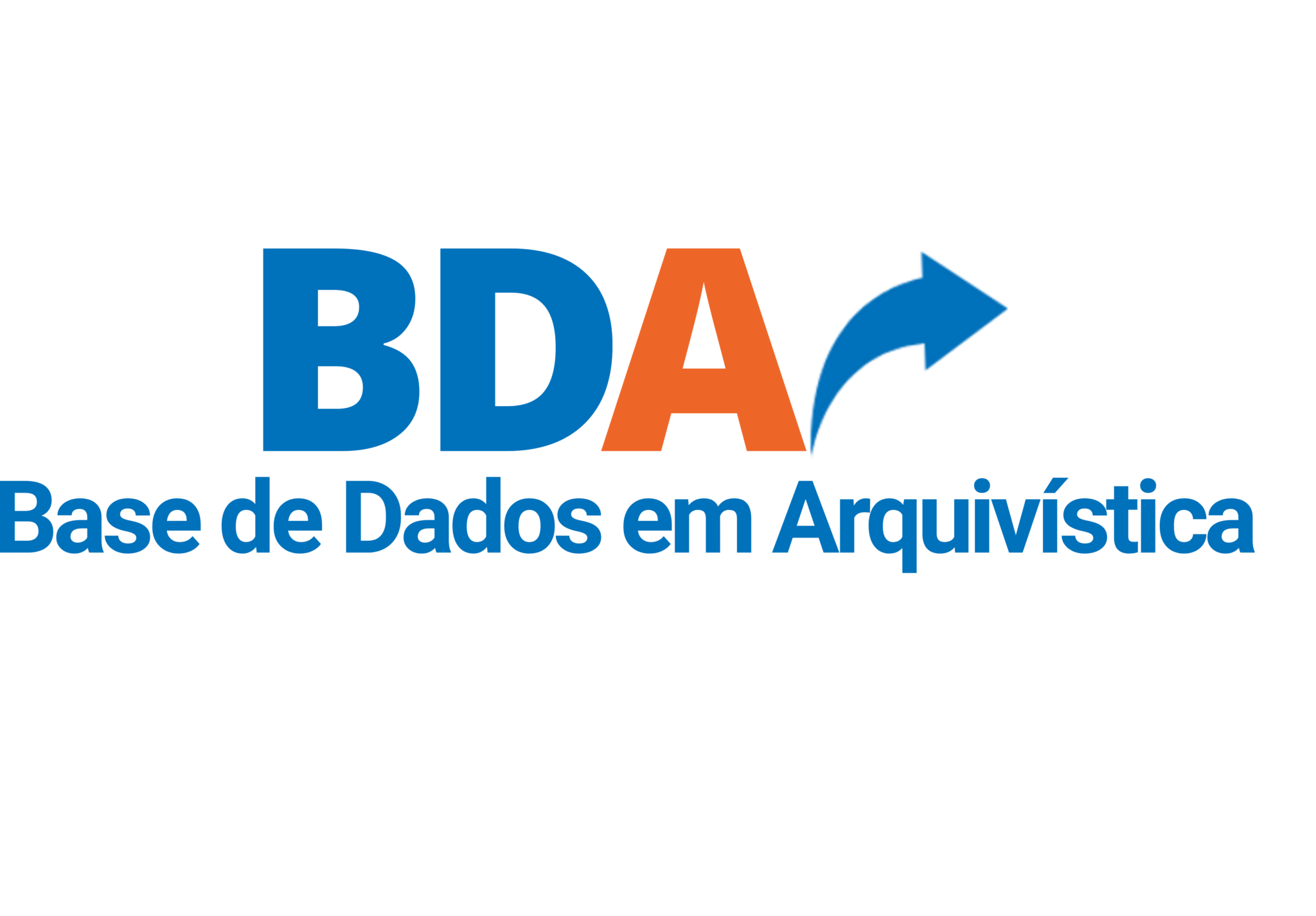Management of archivistic documents
situational diagnosis in State Schools in Minas Gerais
DOI:
https://doi.org/10.35699/2237-6658.2021.37089Keywords:
Document management, Document Management Methodology, Archival Documents, Information Recovery, Functional DossierAbstract
As a result of the technological advances that society experiences, the processes and procedures used in institutions tend to undergo changes. Such changes are necessary and aim to meet new institutional demands, hungry for new tools and methodologies capable of improving their work routines and their respective processes. In this context, educational institutions are included, specifically, Public Schools of the State of Minas Gerais (EEMG) and their Archival Document Management processes. These institutions have presented difficulties in managing their document collections, namely, the archival collections produced by the Personnel Department (DP) sector. Thus, the standardized management is necessary, through procedures for organizing the server's functional dossier, in order to ensure safe access and recovery for those who need it. This study aims to present an extract of the situational diagnosis carried out in the DP sector of EEMG to verify the status of the management of document collections. It is believed that through the diagnosis, such institutions will be able to implement improvements in the process of organizing and recovering their respective collections.
Downloads
References
ASSOCIAÇÃO BRASILEIRA DE NORMAS TÉCNICAS – ABNT. NBR ISO 15489-1: Informação e documentação – Gestão de documentos de arquivo: Parte 1: Conceitos e princípios. Rio de Janeiro: ABNT, 2018.
BARTALO, L. ; MORENO, N. (Orgs.). Gestão em arquivologia: abordagens múltiplas. Londrina: Eduel. 2008.
BELLOTTO, H.L. Como fazer análise diplomática e análise tipológica de documentos de arquivo. São Paulo: Arquivo do Estado de São Paulo, 2006, p. 16-17.
BELLOTTO, H.L.. Arquivos Permanentes: tratamento documental. 4ª. ed. Rio de Janeiro: FGV, 2004
BIOLCHINI, J. Systematic review in software engineering. Technical Report ES, Rio de Janeiro, v. 679, n. 5, p. 1-30, 2005. Disponível em: https://www.cos.ufrj.br/uploadfile/es67905.pdf. Acesso
em: 30 jan. 2021.
BRASIL, SEE/MG. Manual do Secretário Escolar do Estado de Minas Gerais, Versão 2.0. Assessoria de Comunicação Social - ACS/SEE-MG. Minas Gerais,2014. Acesso em: 20 de jun. de 2020. Disponível em:
https://www2.educacao.mg.gov.br/images/stories/publicacoes/MANUAL_DO_SECRETARIO_2014_WEB.pdf
BRASIL, Arquivo Nacional. Dicionário brasileiro de terminologia arquivística. Rio de Janeiro, Arquivo Nacional, 2005, p. 62-63.
BRASIL. Lei nº 8.159, de 8 de janeiro de 1991. Dispõe sobre a política nacional de arquivos públicos e privados e dá outras providências. Diário Oficial da União: seção 1, Brasília, DF, ano 129, jan. 1991. Disponível em: http://www.planalto.gov.br/ccivil_03/Leis/L8159.htm. Acesso em: 30 mar. 2020.
BRASIL. Lei nº 12.527/2011. Regula o acesso a informações previsto no inciso XXXIII do art. 5o, no inciso II do § 3o do art. 37 e no § 2o do art. 216 da Constituição Federal e dispositivos da Lei no 8.159, de 8 de janeiro de 1991. Diário Oficial da União, Brasília, DF, ano 148, n. 221-A, nov. 2011. Disponível em: http://www.planalto.gov.br/ccivil_03/_Ato2011-2014/2011/Lei/L12527.htm#art46. Acesso em: 20 maio 2021.
DURANTI, L.; EASTWOOD, T.; MACNEIL, H. Preservation of the integrity of electronic records. Chicago: Springer Science & Business Media, 2002, p. 62-63.
DURANTI, L. The concept of appraisal and archival theory. The American Archivist, Chicago, v.57, n.2, 1994.
GIL, A.C. Como elaborar projetos de pesquisa. 4. ed. São Paulo: Atlas, 2007, p. 14-15.
HEREDIA, Antônia Herrera. Lenguaje y vocabulario archivísticos: algo más que un dicionário.
Sevilla: Consejeria de Cultura, 2011, p. 16-19.
JARDIM, J.M. As relações entre a Arquivística e a Ciência da Informação. Informare, Rio de Janeiro, 2007.
JARDIM, J.M. Caminhos e perspectivas da gestão de documentos em cenários de transformações. Acervo, Rio de Janeiro, v. 28, n. 2, jul./dez. 2015.
LÓPEZ YEPES, J. La Documentación como disciplina: teoria e história. 2. ed. Pamplona: EUNSA, 1995, p. 32-33.
KOONTZ, H.; O'DONNELL, C. Princípios de administração. São Paulo: Pioneira, 1981.
LUSTOSA, J.G. O comportamento informacional de pesquisadores e gerentes. Teresina, PI: EDUFPI, 2006.
NEWMAN, W. WARREN. K. Diagnóstico: um pré-requisito para boas decisões. In: Administração avançada: conceitos, comportamentos e práticas no processo administrativo. São Paulo: Atlas, 1980, p. 75-78.
PONJUÁN, G.D. Gestión de la información: dimensiones e implementación para el éxito organizacional. Rosario: Nuevo Parhadigma, 2004, p. 75-77.
RONDINELLI, R.C. Gerenciamento Arquivístico de Documentos Eletrônicos: uma abordagem teórica da diplomática arquivística contemporânea. Rio de Janeiro: FGV, 2002, p. 14-16.
SANJUAN, J.L. A norma ISO 15489:2001 y su evolución hacia un cambio de estratégia en las organizaciones. Acervo, Rio de Janeiro, v. 28, n. 2, jul./dez., 2015.
SANTOS, H.M. Estratégias de preservação digital para documentos arquivísticos: uma breve reflexão. Cadernos BAD, Lisboa, n. 1, 2015.
SOUZA, R.R. Sistemas de recuperação de informações e mecanismos de busca na web: panorama atual e tendências. Perspectivas em Ciência da Informação, v.11, n.2, 2006.
SCHELLENBERG, T.R. Arquivos modernos: princípios e técnicas. Rio de Janeiro: FGV, 2006, p.25-26.
VALENTIM, M.L.P. Inteligência competitiva em organizações: dado, informação e conhecimento. Data Grama Zero, Rio de Janeiro, v.3. n.4, ago. 2002.
Downloads
Published
How to Cite
Issue
Section
License
Copyright (c) 2021 Múltiplos Olhares em Ciência da Informação

This work is licensed under a Creative Commons Attribution 4.0 International License.
Autores que publicam na Revista Múltiplos Olhares em Ciência da Informação mantêm os direitos autorais e concedem à revista o direito de primeira publicação, com o trabalho simultaneamente licenciado sob a Licença Creative Commons Attribution que permite o compartilhamento do trabalho com reconhecimento da autoria e publicação inicial nesta revista. Contratos adicionais poderão ser assumidos, separadamente, pelos autores, para distribuição não-exclusiva da versão do trabalho publicada nesta revista (exemplo: publicar em repositório institucional ou como capítulo de livro), com reconhecimento de autoria e publicação inicial nesta revista.









